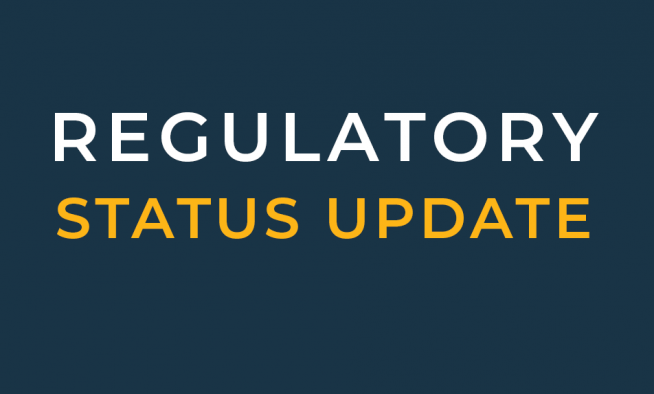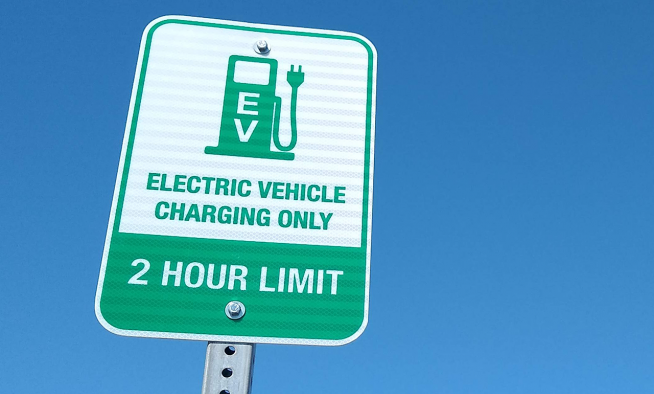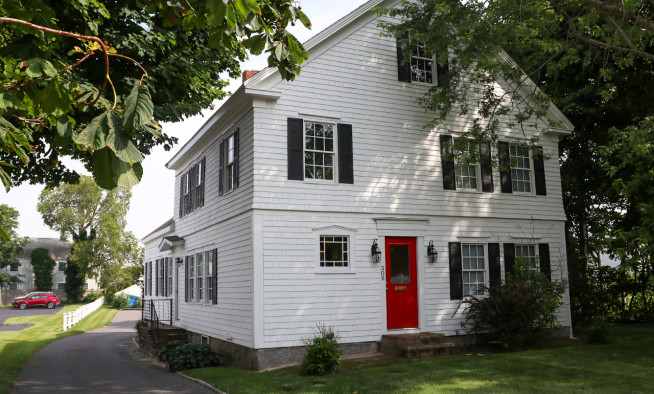Enhancing the region’s electric vehicle infrastructure
Cars, buses, trains, and planes: the transportation sector on Cape Cod is responsible for 56% of the region’s greenhouse gas emissions. Actions outlined in the Cape Cod Climate Action Plan include efforts to reduce the region’s greenhouse gas emissions, such as improving access to, and infrastructure for, electric vehicles (EVs).
A regional EV charging station siting analysis completed in 2020 identifies gaps in charging station availability and high-demand locations for future stations; an update to this analysis is currently underway. A regional greenhouse gas emissions inventory quantifies the contributions of the transportation sector in our region.
To support, advance, and contribute to the Commonwealth’s goal of net zero carbon emissions by 2050, Commission staff is working across different levels of government and with local advocacy organizations to promote the adoption of EVs and the expansion of EV charging infrastructure.
Getting on the map
The Cape Cod region is now eligible for federal funding to support electric vehicle charging infrastructure expansion, thanks to the inclusion of Route 6 on the national EV Alternative Fuel Corridor map.
The map, developed by the Federal Highway Administration, shows designated EV Alternative Fuel Corridors – the backbone of the nation’s electric vehicle charging network. Along these corridors, EV fast-charging sites must be located or planned no more than 50 miles apart and no more than 5 miles off the highway. Until this year, the map did not include Cape Cod. Working with the Cape Cod Metropolitan Planning Organization, Cape Cod Commission staff asked the Massachusetts Department of Transportation (MassDOT) to request the inclusion of Route 6 on the map. The Federal Highway Administration granted the request.
The highway's status on the map is "corridor-pending," as EV fast-charging sites along Route 6 that meet the program requirements are in the planning phase as described in the state’s EV deployment plan.
Recharge Massachusetts
Impressed by the Cape Cod Climate Action Plan, greenhouse gas emissions inventory, and electric vehicle charging station siting analysis, Recharge Massachusetts invited the Cape Cod Commission to join its Participant Program.
Recharge Massachusetts is a nonprofit organization working to advance the transition to clean transportation in the Commonwealth, partially in rural and underserved communities. This initiative couples public education efforts with a program to support and recognize entities working toward transportation electrification goals. Members of the Participant Program include private and public companies and organizations, higher education institutions, municipalities, and others.
The Cape Cod Commission is now one of 52 participants of Recharge Massachusetts. The Participant Program creates a space to celebrate companies, businesses, government entities, nonprofits, and others for their work in the EV space and provides a platform for organizations to share knowledge, best practices, and lessons learned along the way. In addition, Recharge Massachusetts' Participant Program offers EV program support, peer-to-peer learning, and recognition.
Participants sign a pledge form each year that states EV goals and initiatives and promises to continue to work toward those goals.
Examining the region’s electric vehicle infrastructure
Encouraging the increased use of public transportation is one way to reduce the region's greenhouse gas emissions: more people on buses means fewer cars on the road. But Cape Cod Regional Transit Authority (CCRTA) Administrator Tom Cahir is looking beyond simply filling bus seats - he wants to ensure that the region's infrastructure can support an increase in electric vehicles.
Driven by new state and federal regulations that will require widespread adoption of electric vehicles, the CCRTA is preparing to launch a study that will take a holistic look at the infrastructure necessary to support electric vehicles in the area. The study will examine a wide range of considerations, such as the placement of electric vehicle charging stations, best practices for installing and operating charging stations, and feeder programs for maintenance workers.
"Greenhouse gas emissions are a serious concern, and the transportation sector is a significant contributor," said CCRTA Administrator Tom Cahir. "This study will provide professional and necessary guidance for communities and municipalities on how to move forward. Collaboration with organizations like the Cape Cod Commission is vital to a strong transportation system, and we value our ongoing partnership."
As with many transportation-related projects in the region, Cahir says the CCRTA will continue to work collaboratively with the Cape Cod Commission and other multimodal stakeholders, including the Steamship Authority, Hy-Line, Cape Air, municipalities, and others. In addition, he's interested in collaborating with the Cape Cod Regional Technical High School and Upper Cape Tech to develop a curriculum to train workers for careers in the electric vehicle industry. He's hoping to launch the study later this fall.




